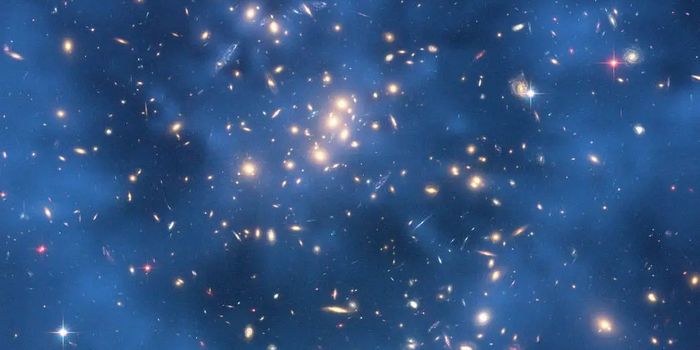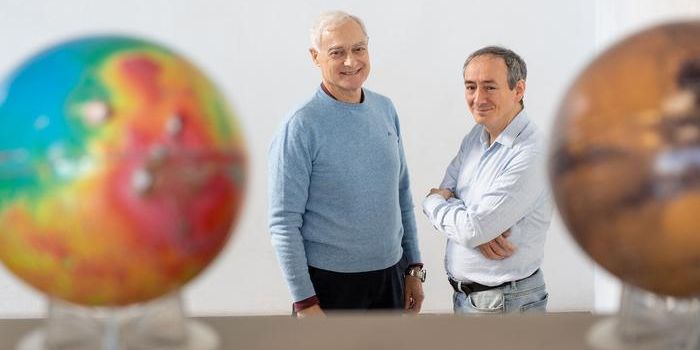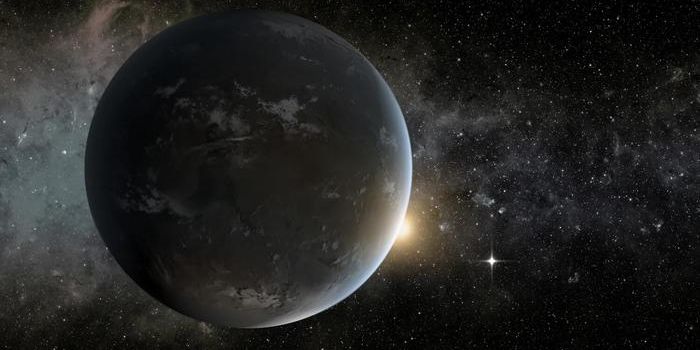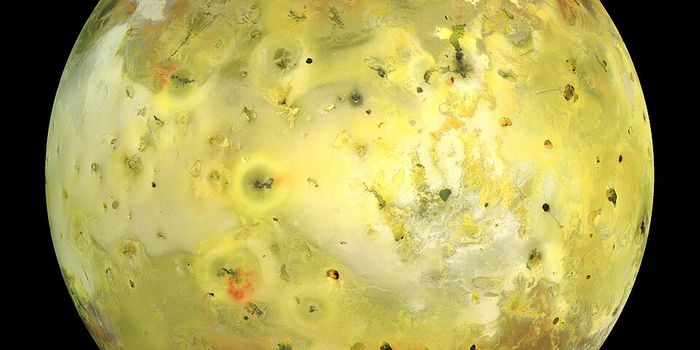Japanese Spacecraft Launched to Clean Space Junk
There are currently around 900,000 pieces of man-made space junk orbiting Earth- mostly from now-defunct satellites and the break up of larger objects. Traveling at speeds of up to 5 miles per second, they pose a serious threat to satellites and manned spacecraft alike, including the International Space Station. Thankfully, a handful of companies are stepping in to solve this problem.
Astroscale is one such company. Founded in Japan in 2013, Astroscale plans on solving this problem by having satellite operators pay them to send spacecraft into Earth's orbit to capture defunct satellites and bring them down to lower orbits where they may burn up more quickly.
To test their technology, on March 22 2021, the company launched its End-of-Life Services by Astroscale-demonstration (ELSA-d) mission from Russia's Baikonur Cosmodrome in Kazakhstan. The craft is made up of two satellites stacked on top of each other- a servicer satellite that weighs 175 kg and a client satellite with a special magnetic plate attached that weighs 17 kg.
While the servicer vehicle is designed to remove debris from orbit safely, the client craft will serve as a demonstration piece of debris to be cleaned up. Once the two satellites separate for the first time, the service craft will work to catch the client craft, before releasing it again.
This time, it would work to catch the client craft as it falls through space at speeds of up to 18,000 miles per hour to simulate tumbling satellites. Next, Astroscale will recreate a fully-fledged mission, using the servicer to search for, locate and capture the client from a distance. Once it is caught again, both servicer and client will be brought to lower areas in the atmosphere to burn up.
If successful, ELDS-d's magnetic capture mechanism could be built into future satellites before being launched into space. This would allow future servicers to safely remove them when they are no longer in operation.
"While leading the way in proving our debris removal capabilities, ELSA-d will also propel regulatory developments and advance the business case for end-of-life and active debris removal services," says Nobu Okada, Astroscale founder and CEO.
"This successful launch brings us closer to realizing our vision of securing the safe and sustainable development of space for the benefit of future generations."









